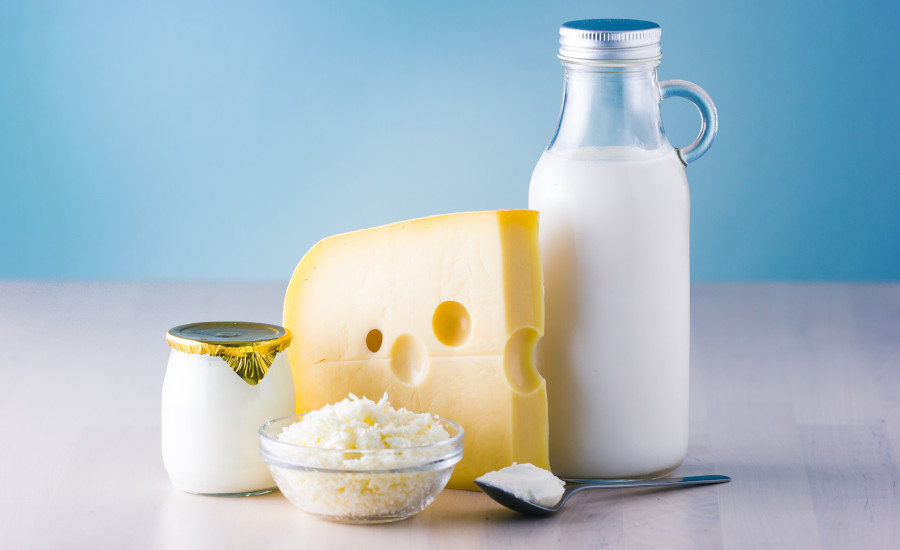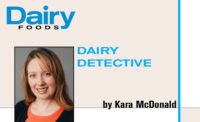The energizing benefits of dairy protein
Protein contributes to energy in its own unique way.

Credit: nehopelon via gettyinmage.com

All foods provide energy in the most straightforward, scientific sense. It’s the calories in food that give us fuel to support our daily activities, with nutrient-rich options providing the most benefit.
The definition of energy, of course, is often in the eye of the consumer. For Gen Z, it is about energy giving them the physical and mental strength to perform their best. Some equate energy to drinking a cup of coffee and getting a quick jolt of caffeine, while for others, it’s about eating a well-balanced meal.
Consumers have an association between protein and energy, and it’s generally true. As a result, you’ll see them in the supermarket seeking out products labeled as “good” or “excellent” sources of protein. Protein contributes to energy in its own unique way.
Backed by science
Here are three science-based reasons to support the association of protein and energy:
- Having a substantial (or meaningful) amount of protein at a meal or as a snack can help us feel fuller for longer than will meals that are low or lacking in protein. Starting the day with a breakfast featuring, say, an egg, veggies and cheese scramble with a cup of yogurt and fruit can help avoid the later-morning hunger pangs and provide a feeling of satiety as the day moves along.
- Having a balanced meal with protein also benefits the body’s blood-glucose response. Eating a meal featuring protein-rich offerings such as dairy can give your body a more sustained blood-glucose response, helping to avoid a feeling of “crashing,” which can equate to feeling like you have more energy.
- Emerging research has begun to identify an interesting relationship between higher-protein diets and a positive impact on sleep quality. Two studies (tinyurl.com/bdd7r4rm and tinyurl.com/2p3cr262) have shown people who consumed diets featuring higher levels of protein reported improved sleep quality and feeling more restful the following day.
While many foods are excellent sources of protein, dairy remains one of the best options because it contains a high concentration of essential amino acids, notably leucine, which supports muscle health and other structural roles in the body. In addition to its protein content, milk delivers a package of a dozen other important nutrients.
I often use this analogy when speaking with people about all that dairy delivers: Think of the different levels of octane available when we go to fuel our cars. Most cars can run just fine on the standard 87-octane fuel. However, higher-octane options are available that can deliver even greater performance.
My suggestion is the “higher-octane dairy” and its powerful amino acids and complete package to keep all systems running their best.
Looking for a reprint of this article?
From high-res PDFs to custom plaques, order your copy today!






